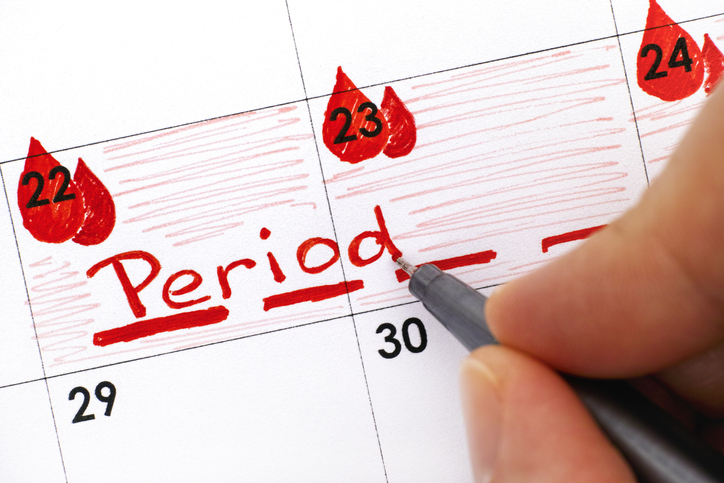Perimenopause and Periods – What Can You Expect?
Perimenopause is the start of conflicting hormone symptoms and your periods are often the first sign of it starting.

Before your periods stop completely, your body makes the transition to menopause in a phase which could last 2 to 10 years. During perimenopause, when hormone levels fluctuate and eventually drop, all kinds of changes in your cycle are seen.
What to expect
In your 40s — and maybe even in your late 30s — fluctuating oestrogen and progesterone levels can make periods unpredictable. They could come more frequently – or they might happen less often.
The flow might be very heavy or very light and sometimes, you’ll skip one or a few altogether. Don’t be fooled, it’s not menopause until you go at least 12 straight months without a period.
Other period symptoms, like cramps and moodiness, could become more intense – or, more confusingly, you may not get the telltale signs that mean your period is on the way.
How to make perimenopause easier
A healthy lifestyle can help ease the transition into menopause. Women who are able to maintain a regular exercise routine, eat healthy, and manage their stress — because stress can make perimenopausal symptoms worse — may find that the perimenopausal transition is a bit easier for them.
Some women are offered birth control pills or a long-acting intrauterine device such as Mirena coil to help relieve heavy bleeding and intense cramps and, sometimes, eliminate periods completely.
Unfortunately both of these contain progestins – artificial hormones that mimic the action of the natural hormone progesterone.
They also do have a number of side effects so consider whether using a non hormonal coil or bioidentical hormones would be a better option for your symptoms.
Helpful information:
Maintaining hormone balance is undoubtedly one of the best ways to keep your symptoms under control and PMS symptoms are often related to low progesterone levels.
It is important to never underestimate the effect of stress on hormonal symptoms at any age.
It might be as simple as adjusting your diet to help your stress levels, so this article can certainly help with that.
https://anna.blog.wellsprings-health.com/how-your-diet-can-help-keep-you-calm/


















